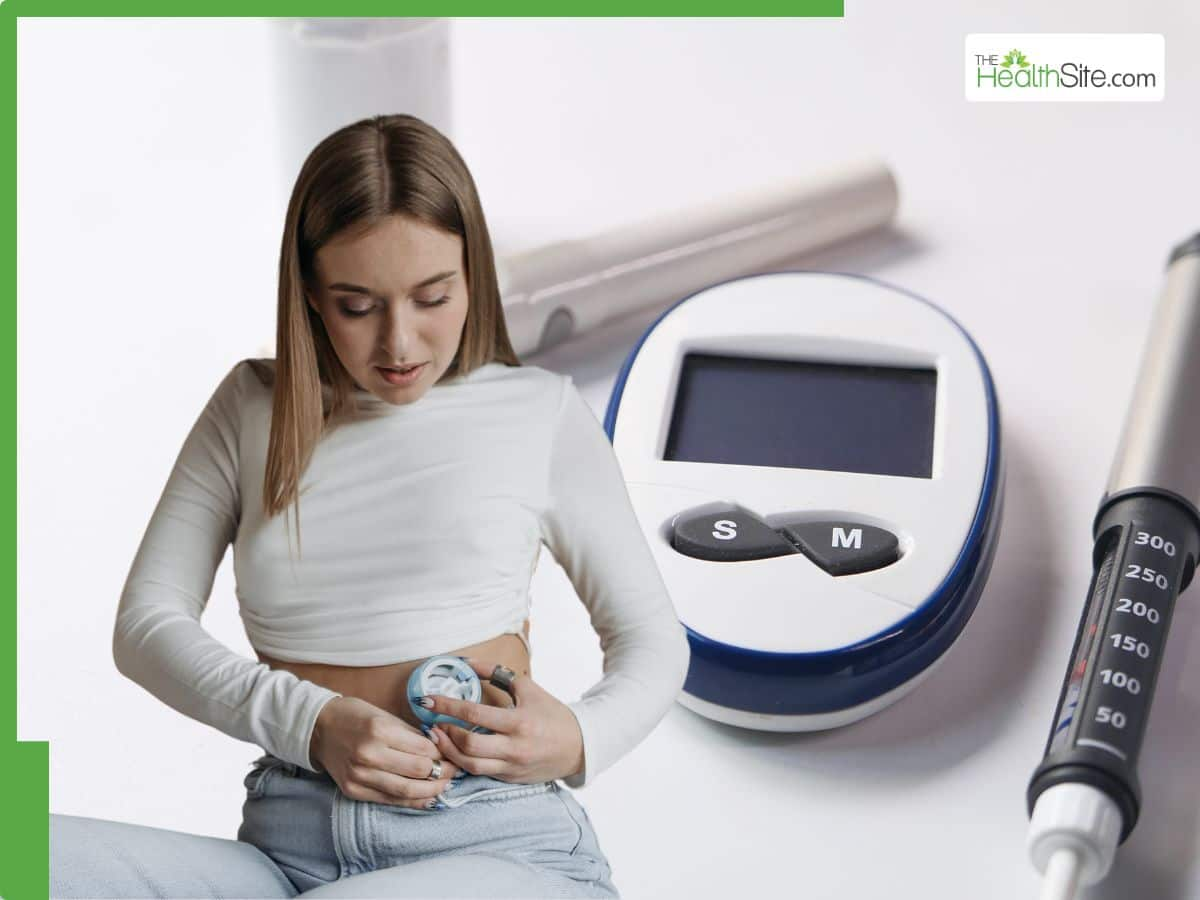
NEW YORK , Feb. 5, 2025 /PRNewswire/ -- Report with the AI impact on market trends - The global exosome diagnostics and therapeutics market size is estimated to grow by USD 1.01 billion from 2025-2029, according to Technavio.
The market is estimated to grow at a CAGR of 26.5% during the forecast period. Raising research on exosome therapeutics is driving market growth, with a trend towards advanced technology in exosome collection.

However, strict regulatory approval for product launches poses a challenge. Key market players include Aethlon Medical Inc., Bio Techne Corp.
, BioCat GmbH, BioVision Inc., Capricor Therapeutics Inc., Cell Guidance Systems Ltd.
, Clara Biotech Inc., Evox Therapeutics Ltd., HansaBioMed Life Sciences Ltd.
, Hologic Inc., JSR Life Sciences LLC, Merck KGaA, Miltenyi Biotec B.V.
And Co. KG, Nanosomix Inc., NX PharmaGen Inc.
, QIAGEN N.V., ReNeuron Group plc, Sarepta Therapeutics Inc.
, System Biosciences LLC, and Thermo Fisher Scientific Inc.. Key insights into market evolution with AI-powered analysis.
Explore trends, segmentation, and growth drivers- View Free Sample PDF The Exosome Diagnostics and Therapeutics market is experiencing significant growth due to the increasing role of exosomes in immune responses, viral pathogenicity, pregnancy, and various chronic and infectious diseases. Exosomes are small biomolecule-containing vesicles, including proteins, metabolites, nucleic acids, and short interfering ribonucleic acid (siRNA), released by cells. They play a crucial role in intercellular communication and have potential applications in molecular diagnosis, drug development, and therapeutics.
Key disease areas include cancer progression, cardiovascular diseases, central nervous system disorders, and autoimmune diseases. Companies like Aethlon Medical and the University of Pittsburgh are at the forefront of exosome research. The market is segmented into LAMEA, with CXOs from pharmaceutical and life science research industries showing interest.
Isolation instruments, extraction procedures, and isolation kits are essential tools for exosome research, especially from body fluids. However, lack of awareness and stringent regulations pose challenges. The geriatric population and government associations are driving the screening of cancer and other chronic diseases.
Exosome diagnostics and therapeutics hold promise for treating neurodegenerative diseases like Alzheimer's and Parkinson's, breast, prostate, liver, and lung cancer, and cardiovascular dysfunction like chronic heart failure. The market includes chemotherapeutic agents, immune modulators, and antisense oligonucleotides. Exosome diagnostics and therapeutics market is witnessing significant growth due to the adoption of advanced technologies for exosome collection.
New approaches, such as immunoaffinity and microfluidic systems, are being used for more effective exosome isolation. Microfluidic technology, in particular, offers unique benefits, including the ability to manipulate small fluid volumes through microchannels with dimensions ranging from tens to hundreds of micrometers. This technology delivers functionality not previously achievable with traditional methods.
Another technology, nanoparticle tracking analysis (NTA), is used for exosome tracking in cancer research. NTA determines the concentration and size distribution of particles, contributing to the market's expansion during the forecast period. Request Sample of our comprehensive report now to stay ahead in the AI-driven market evolution! Exosomes are small biomolecular structures released by cells that carry proteins, metabolites, nucleic acids, and other biomolecules.
They play a significant role in immune responses, viral pathogenicity, pregnancy, and various chronic and infectious diseases, including cardiovascular diseases, central nervous system disorders, and cancer. Exosomes hold great potential for molecular diagnosis and drug development in pharmaceutical and neurodegenerative research. However, challenges exist in isolating and extracting these structures from body fluids due to lack of awareness, stringent regulations, and the complex nature of the isolation and extraction procedures.
Companies like Aethlon Medical and Exosome Diagnostics are leading the way in exosome research, while academic institutions like the University of Pittsburgh and the VA Healthcare system are also contributing to the field. The market for exosome diagnostics and therapeutics is segmented by application, end user, and region, with LAMEA and CXOs showing significant growth. Isolation instruments and kits are key tools in this market, with liquid biopsy and chronic disease screening being major applications.
Short interfering ribonucleic acid, antisense oligonucleotides, chemotherapeutic agents, and immune modulators are some of the therapeutic agents being explored for exosome-based treatments. Exosome diagnostics and therapeutics face complex regulatory hurdles before commercialization. Strict regulations require compliance with Good Manufacturing Practices (GMP) during clinical trials.
Three key areas of focus in GMP are the upstream cell cultivation process, downstream purification process, and exosome quality control. Vendors must adhere to regulatory requirements for manufacturing processes and prove product safety and efficacy during clinical trials. These regulatory challenges primarily impact marketing approval and manufacturing, making commercialization a significant undertaking.
Discover how AI is revolutionizing market trends- Get your access now! This exosome diagnostics and therapeutics market report extensively covers market segmentation by Application Diagnostic Therapeutic End-user Research And Academic Institutes Pharmaceutical And Biotechnology Companies Commercial Geography North America Europe Asia Rest Of World (ROW) 1.1 Diagnostic- The diagnostic segment holds the largest share in the global exosome diagnostics and therapeutics market due to the importance of early and precise diagnosis in lowering mortality rates and improving recovery chances for patients with malignancies or precancerous lesions. Exosomes play a significant role in various physiological and pathological processes, including immunological responses, cancer, cardiovascular disease, and abnormal pregnancies.
Non-invasive liquid biopsy, which utilizes exosomes, offers substantial benefits by reducing the need for invasive procedures and enhancing medical intervention with better accuracy. Tumor-derived exosomes (TDEs) are crucial for cancer diagnosis and prognosis, as they contribute to metastatic niches, immune evasion, and tumor growth. For instance, the detection of circulating exoDNA KRAS mutations in pancreatic cancer and the higher levels of GPC1+ circulating exosomes in patients with pancreatic ductal carcinoma (PDAC) and colorectal cancer (CRC) can be used for early cancer detection in the digestive tract.
These factors underscore the diagnostic segment's continued dominance in the global exosome diagnostics and therapeutics market. Download a Sample of our comprehensive report today to discover how AI-driven innovations are reshaping competitive dynamics Exosomes are small extracellular vesicles that carry various biomolecules, including proteins, metabolites, nucleic acids, and lipids. They play a crucial role in immune responses, viral pathogenicity, and intercellular communication.
In the field of diagnostics, exosomes have gained significant attention due to their potential in molecular diagnosis, particularly in chronic diseases, infectious diseases, and autoimmune diseases. Liquid biopsy using exosomes has emerged as a promising approach for non-invasive diagnosis and monitoring of diseases such as cancer progression, neurodegeneration, cardiovascular dysfunction, and chronic heart failure. Exosomes also hold great promise for therapeutic applications, including the use of short interfering ribonucleic acid (siRNA), antisense oligonucleotides, chemotherapeutic agents, and immune modulators for cancer treatment.
The biomolecules contained in exosomes can provide valuable information on the disease state and response to treatment, making them a valuable tool in drug development and pharmaceutical research. For instance, the University of Pittsburgh is conducting research on using exosomes for diagnosing and monitoring pregnancy complications. Aethlon Medical is developing exosome-based therapeutics for various diseases, including Alzheimer's disease, Parkinson's disease, breast cancer, prostate cancer, liver cancer, and lung cancer.
Exosomes are small, membrane-bound vesicles released by various cell types that carry a diverse cargo of biomolecules, including proteins, metabolites, nucleic acids, short interfering ribonucleic acid (siRNA), and antisense oligonucleotides. These biomolecules play a crucial role in immune responses, viral pathogenicity, pregnancy, and various diseases such as cardiovascular diseases, central nervous system disorders, cancer progression, and chronic and infectious diseases. Exosomes hold great potential for molecular diagnosis, drug development, and pharmaceutical applications.
Liquid biopsy using exosomes from body fluids is a promising approach for early disease screening and monitoring. However, the lack of awareness and stringent regulations pose challenges to the growth of the exosome diagnostics and therapeutics market. The market is segmented by application, including cancer, neurodegeneration, cardiovascular dysfunction, chronic heart failure, Alzheimer's disease, Parkinson's disease, breast cancer, prostate cancer, liver cancer, and lung cancer.
Key applications include immune modulation, drug delivery, and molecular diagnostics. Companies are developing isolation instruments, extraction procedures, and isolation kits to facilitate the isolation and characterization of exosomes. The market is expected to grow significantly in the LAMEA region due to the increasing geriatric population and government associations' focus on disease screening and diagnosis.
CXOs in the pharmaceutical industry are exploring the potential of exosomes in drug development for various chronic diseases. 1 Executive Summary 2 Market Landscape 3 Market Sizing 4 Historic Market Size 5 Five Forces Analysis 6 Market Segmentation Application Diagnostic Therapeutic End-user Research And Academic Institutes Pharmaceutical And Biotechnology Companies Commercial Geography North America Europe Asia Rest Of World (ROW) 7 Customer Landscape 8 Geographic Landscape 9 Drivers, Challenges, and Trends 10 Company Landscape 11 Company Analysis 12 Appendix Technavio is a leading global technology research and advisory company. Their research and analysis focuses on emerging market trends and provides actionable insights to help businesses identify market opportunities and develop effective strategies to optimize their market positions.
With over 500 specialized analysts, Technavio's report library consists of more than 17,000 reports and counting, covering 800 technologies, spanning across 50 countries. Their client base consists of enterprises of all sizes, including more than 100 Fortune 500 companies. This growing client base relies on Technavio's comprehensive coverage, extensive research, and actionable market insights to identify opportunities in existing and potential markets and assess their competitive positions within changing market scenarios.
Technavio Research Jesse Maida Media & Marketing Executive US: +1 844 364 1100 UK: +44 203 893 3200 Email: [email protected] Website: www.technavio.com/ SOURCE Technavio.














